Iraqi president raps 'violations' after Turkish airstrikes in Kurdistan region
Turkey has carried out an "air operation" in northern Iraq following a blast in the Turkish capital, with Iraqi President Abdul-Latif Rashid saying Baghdad rejects repeated airstrikes or the presence of Turkish bases in its Kurdistan region.
Turkey said on Sunday it carried out airstrikes in northern Iraq that destroyed 20 targets belonging to the outlawed Kurdistan Workers Party (PKK) after the militant group said it orchestrated the first bomb attack in Ankara in years.
Turkey regards the PKK as a terrorist group and regularly carries out airstrikes in northern Iraq. Turkey has also sent commandos and set up military bases on Iraqi territory to support its offensives.
"These violations are rejected by the Iraqi people, the (Kurdistan) region and all of Iraq's inhabitants," Rashid said in an interview with Saudi broadcaster al-Hadath, aired on Monday.
Such strikes sometimes killed civilians, including people visiting the region who "become victims of Turkish bombing", he added.
Rashid said Baghdad hoped to come to an agreement with Ankara to resolve the issue in a manner similar to a security agreement Baghdad has inked with Tehran to deal with anti-Iran separatist groups in the Kurdistan region.
Turkey's airstrikes in northern Iraq took place just hours after a bombing attack on the Turkish interior ministry in Ankara.
They targeted caves, depots and bunkers used as hideouts by the PKK in the Hakurk, Metina, Qandil and Gara regions, Turkish officials said.
Iraq's foreign ministry condemned the "terrorist explosion" in Ankara that happened shortly before parliament was due to reconvene after a summer break.
The PKK has carried out numerous operations against the Turkish government, calling for a Kurdish state within Turkey where it is blamed for the deaths of over 40,000 people.
The group back-pedaled on its secessionist demands in the 1990s, calling instead on Ankara to give the people in Kurdish-dominated regions of Turkey more autonomy.
The conflict between the two sides flared up again after a two-year-old ceasefire ended in July 2015.
At least 19 Gazans killed by Israeli airstrikes since dawn: Medics
Leader: Iran has no proxy forces in West Asia
US fighter aircraft shot down ‘in friendly fire’ amid aggression on Yemen
Yemeni FM: Israel’s sponsors accountable for ongoing aggression on Sana’a
Eight Palestinians killed as Israel attacks Gaza school, hospitals
VIDEO | Rome, Milan host new protests in solidarity with Palestinians
Dec. 21: ‘Axis of Resistance’ operations against Israeli occupation
Spain jurists demand ties with Israel ties be cut


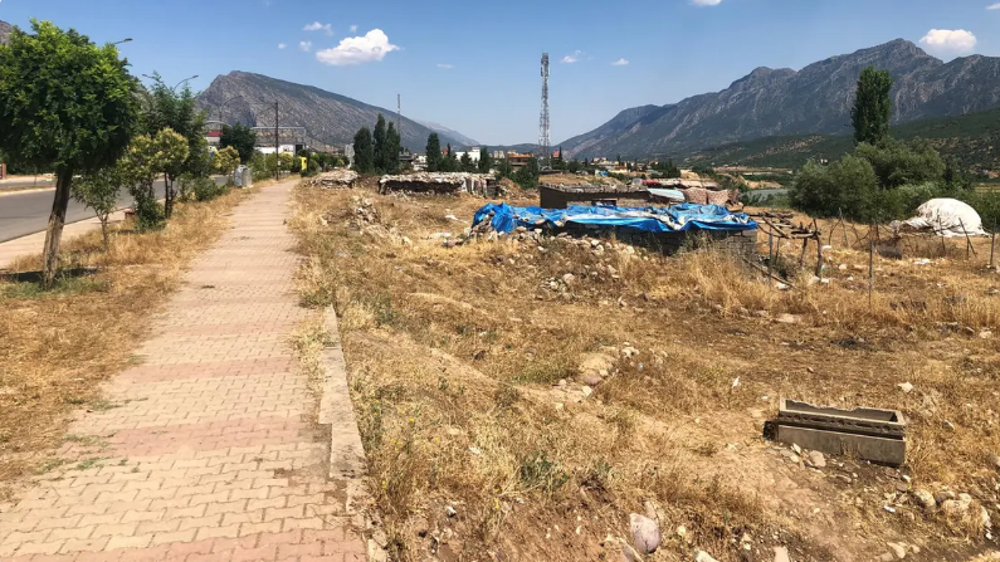
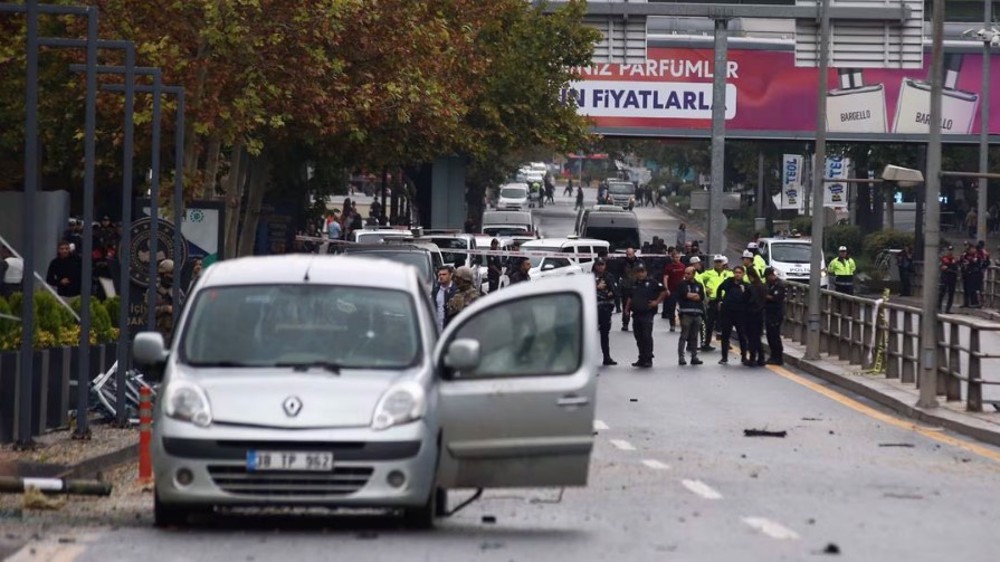






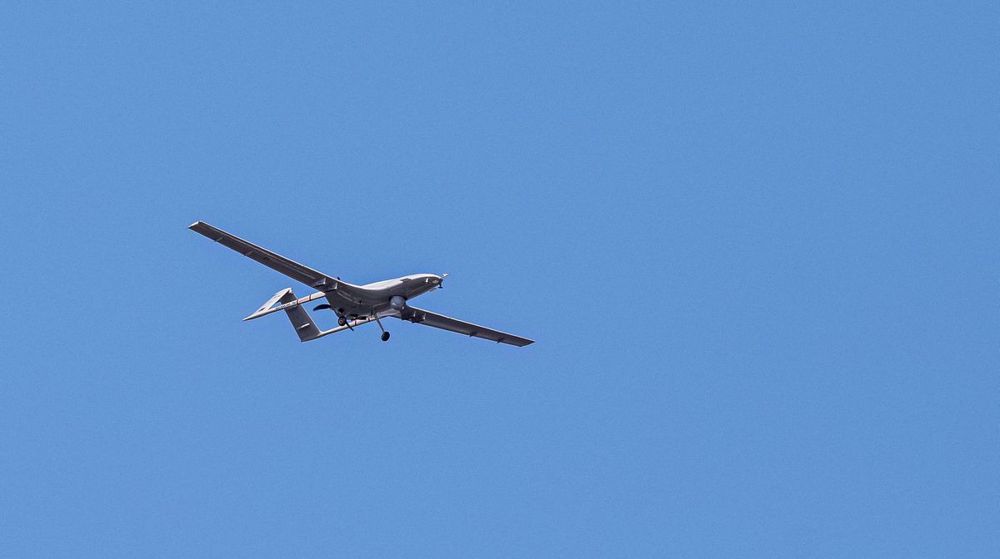

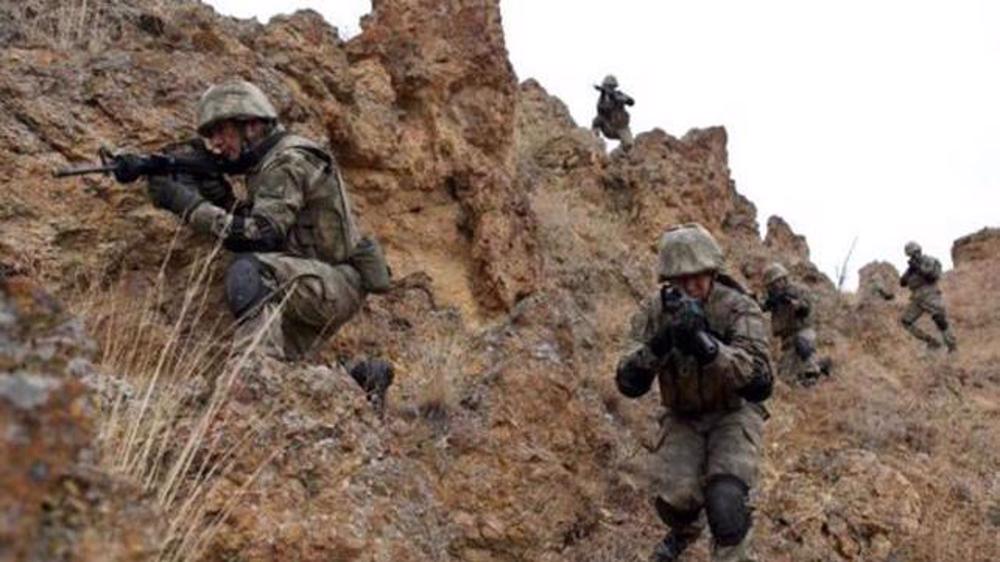
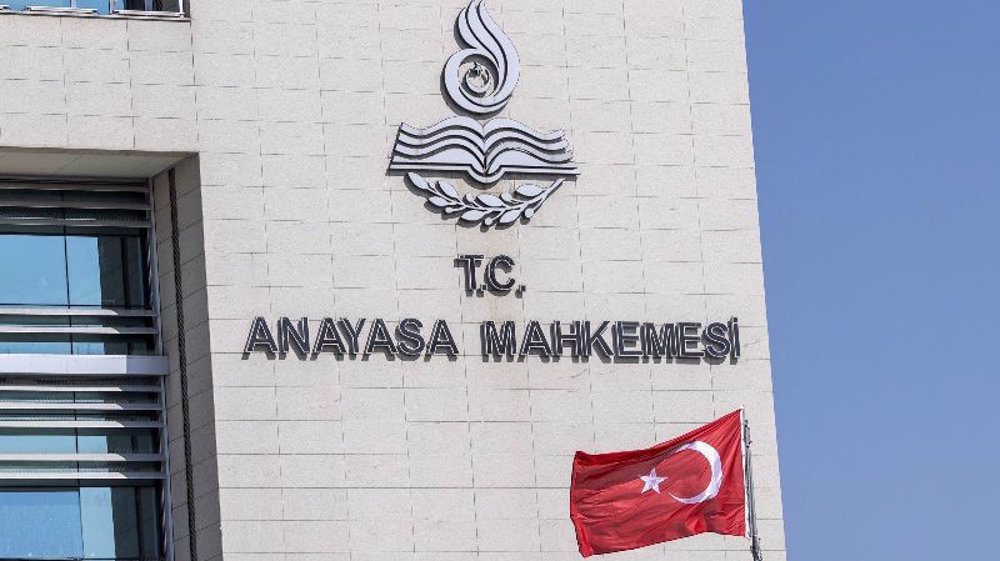
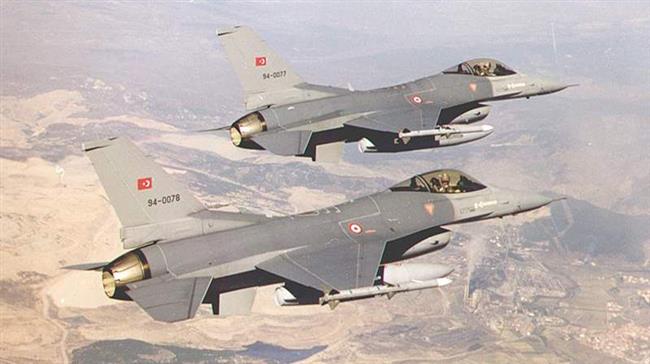

 This makes it easy to access the Press TV website
This makes it easy to access the Press TV website